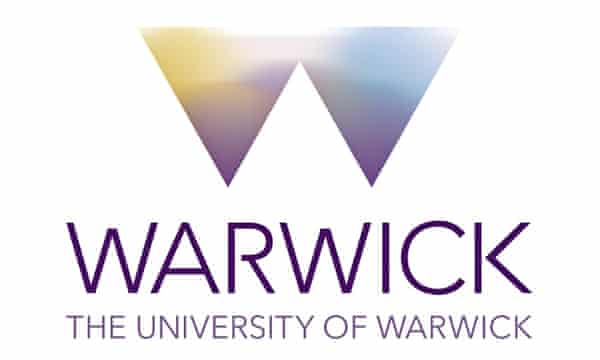University of Warwick: Consortium established to tackle decarbonisation of cross-Channel ferry fleet
WMG at the University of Warwick is playing a key part in a new research project supporting the UKs pledge to achieve net-zero by 2050.
The seven-month project, entitled the Dover Clean Ferry Power, is a collaboration between the Port of Dover, P&O Ferries, WMG and Schneider Electric, led by Kent Business School at the University of Kent.
The project, which is part of a £20 million programme funded by the Department for Transport, will investigating the decarbonisation of the cross-Channel ferry fleet and in turn support the delivery of the Port of Dover Air Quality Action Plan.
Currently, Port of Dover vessels spend energy through in-harbour activity, open sailing and on-vessel services (such as heating, lighting and hospitality). Some vessels are hybrid; self-charging on-board batteries whilst in open sailing and then using the battery charge whilst in-harbour.
This project will model ferry operations at Dover to establish energy requirements, CO2 effects, air quality and running costs, using this to evaluate technical solutions for both ferries and the port, to accelerate the move to net zero. Insights gained may then have the potential to extend to cruise and cargo operators, as well as adaptation of experienced vessels.
Researchers and engineers at WMG High Value Manufacturing Catapult Centre will be undertaking all of the battery modelling and analytics, plus energy and CO2 modelling for the port of Dover and for vessels using the port– which will impact the locals as well as the environment more widely.
Phill Whiffin, WMG Head of Energy Applications Group, explains: “This project builds on our existing zero emission transport expertise and allows us to apply the MIMO (Multi-Input Multi-Output) modelling technique developed by Dr Andrew McGordon to investigate the complex operations of a port. It will support investment and operation decisions for Dover and the ferry operators and ensure the optimum strategy is in place to move towards net-zero. Dover is an essential trade gateway for the UK so this is a project of great strategic importance and we are pleased to be part of this great consortium.”
Simon Barnes, Project Manager and Funding & Partnership Development Manager within the University of Kent’s Research & Innovation Operations, said: ‘For the University of Kent, this new project builds on a previous successful work with the Port of Dover and is an excellent example of a collaborative project with the University, industry partners and consumers.
‘It is our unified aim to investigate potential avenues that can lead to reductions in carbon emissions as part of the national priority of net-zero. The University of Kent is dedicated to the endeavour through a series of initiatives, with the Dover Clean Ferry Power project as a prime example of the role we play regionally and in applying intensive research to vital national goals.’

